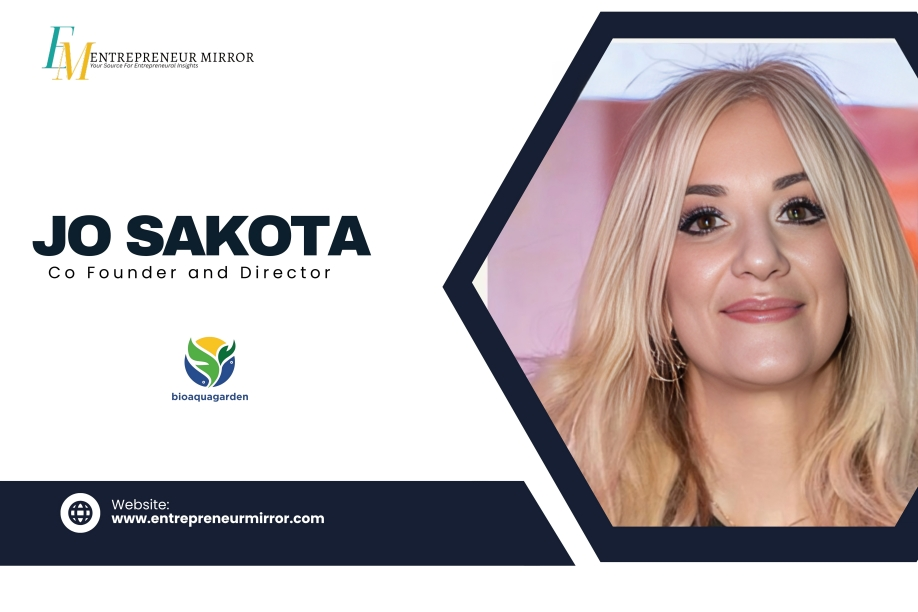Embarking on a journey to acquire a new skill in a month may appear ambitious, but with a well-structured plan and commitment, it’s an achievable goal. Today, we’ll explore a systematic and practical approach to skill development, ensuring the acquisition and mastery of a new skill within the given timeframe. So, let’s read about the 30-Day Skill Learning Plans and uncover the strategies for successful and efficient skill acquisition.
Structured Learning for Skill Development
Gaining proficiency in a new skill demands a systematic approach that maximizes effort and optimizes time. Here’s a systematic plan to guide you through the process:
Define Your Skill: Precision is Key
- Before commencing, precisely define the skill you aim to acquire. Whether it involves coding, playing a musical instrument, or learning a new language, having a clear goal provides direction and motivation.
Break it Down: Divide and Conquer
- Break the skill into manageable components. Dividing the learning process into achievable tasks reduces the overwhelming nature of the journey.
Create a Schedule: Consistency is Paramount
- Devise a learning schedule for the next 30 days. Consistency plays a pivotal role in mastering a skill, so dedicate time daily to focus on your learning endeavor.
Gather Resources: Equip Yourself Adequately
- Assemble all necessary resources for learning, be it online courses, books, or tutorials. Possessing suitable materials enhances understanding and accelerates progress.
Set Milestones: Acknowledge Progress Regularly
- Establish milestones for each week. Recognizing small victories along the way keeps motivation high and provides a sense of accomplishment.
Step-by-Step Skill Mastery
Now that you have a structured plan in place let’s explore the step-by-step process of mastering your chosen skill:
- Days 1-5: Immersion Phase
- Immerse yourself in the basics of the skill, focusing on understanding foundational principles.
- Utilize introductory resources to build a strong foundation.
- Practice consistently to become familiar with core concepts.
- Days 6-15: Skill Exploration
- Delve deeper into the intricacies of the skill, exploring advanced topics and techniques.
- Engage with more complex learning materials to enhance understanding.
- Initiate hands-on practice to develop practical skills.
- Days 16-25: Application and Refinement
- Apply the skill in real-world scenarios, practicing problem-solving or creating projects.
- Seek feedback from peers or mentors to refine your technique.
- Identify areas for improvement and focus on honing specific aspects of the skill.
- Days 26-30: Mastery and Evaluation
- Demonstrate mastery by independently completing challenging tasks.
- Evaluate progress against initial milestones.
- Reflect on the learning process, noting achievements and areas for continuous improvement.
Interactive Learning Experience
Learning a new skill is not just about gaining knowledge; it’s also about making the process interactive and engaging:
- Join Online Communities: Connect with Peers Actively
- Participate in online forums or communities related to your skill. Exchange ideas, seek advice, and actively share your progress with like-minded individuals.
- Networking with others on a similar journey provides motivation and a sense of camaraderie.
- Interactive Courses: Engage Actively in Dynamic Learning
- Choose interactive courses, such as quizzes, discussions, or hands-on exercises.
- Actively engaging with the material enhances understanding and retention.
- Utilize Learning Apps: Learn Anywhere, Anytime Actively
- Explore learning apps aligned with your skill. These apps often provide interactive lessons and challenges, allowing active learning on the go.
- Peer Learning: Collaborate Actively for Success
- Collaborate with someone who shares your learning goals. Actively engaging in collaborative learning accelerates understanding and provides a supportive environment.
- Reflect and Adjust: Continuously Improve Actively
- Regularly reflect on your learning experience. Actively identify what works well and areas that need adjustment.
- Actively adapt your learning plan based on reflections, ensuring continuous improvement.
Embarking on the journey to acquire a new skill in 30 days necessitates a structured plan, step-by-step skill mastery, and an interactive learning experience. By precisely defining your skill, breaking it down, creating a consistent schedule, gathering appropriate resources, and setting regular milestones, you pave the way for success. Actively engage in the immersion, exploration, application, and mastery phases, and make your learning experience interactive by joining communities, exploring dynamic courses, utilizing apps, embracing peer learning, and actively reflecting on your progress. With dedication and a positive mindset, you’ll acquire a new skill and experience the satisfaction of skill mastery within the allocated time frame.
Also Read:































































